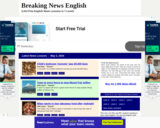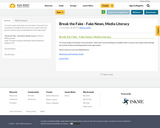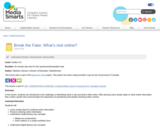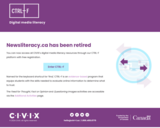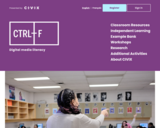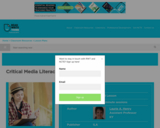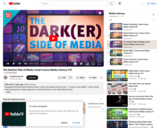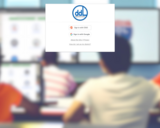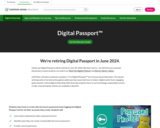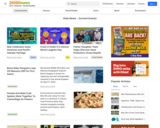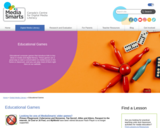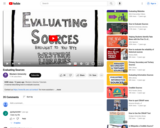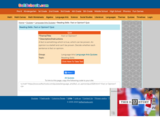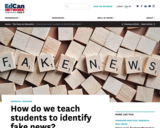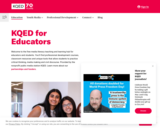English
Students face an overwhelming online information environment that is increasingly polluted with false and misleading information, spin, and dubious expertise.
CTRL-F: Find the Facts is a contemporary digital media literacy program from CIVIX that helps students learn to evaluate online sources and claims to determine what to trust, using evidence-based ‘lateral reading’ strategies.
Learning is anchored by short expert-led videos and interactive practice examples drawn from a range of platforms, supported by lesson plans, slide decks, and worksheets. The resources are free with registration, designed for grades 7 to 12, and available in English and French. For more information, visit ctrl-f.ca.
FRENCH
Les étudiants font face à un environnement d'information en ligne accablant, de plus en plus pollué par de fausses informations, des informations trompeuses, des manipulations et une expertise douteuse.
CTRL-F : Trouver les Faits est un programme contemporain de littératie des médias numériques proposé par CIVIX qui aide les étudiants à apprendre à évaluer les sources en ligne et les affirmations pour déterminer en quoi avoir confiance, en utilisant des stratégies de "lecture latérale" basées sur des preuves.
L'apprentissage est ancré par de courtes vidéos animées par des experts et des exemples interactifs tirés de diverses plateformes, soutenus par des plans de cours, des présentations et des fiches d'exercices. Les ressources sont gratuites sur inscription, conçues pour les élèves de la 7e à la 12e année, et disponibles en anglais et en français. Pour plus d'informations, visitez ctrl-f.ca.


